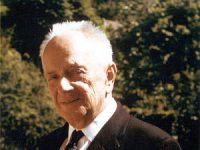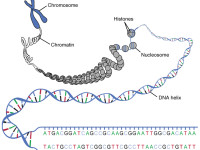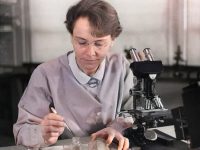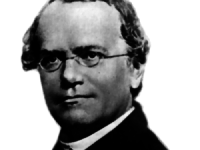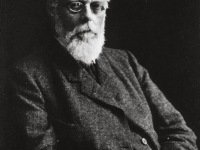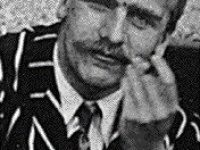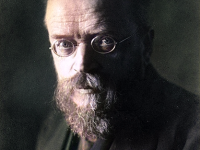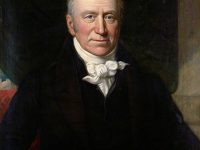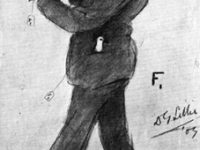Theodosius Dobzhansky and the Unifying modern Evolutionary Synthesis
On January 25, 1900, American geneticist and evolutionary biologist Theodosius Dobzhansky was born. Dobzhansky was a central figure in the field of evolutionary biology for his work in shaping the unifying modern evolutionary synthesis. He made the first significant synthesis of Charles Darwin‘s theory of evolution [6] with Gregor Mendel‘s theory of genetics in his book Genetics and the Origin of Species (1937). “[Evolution] is a general postulate to which all theories, all…
Read more

